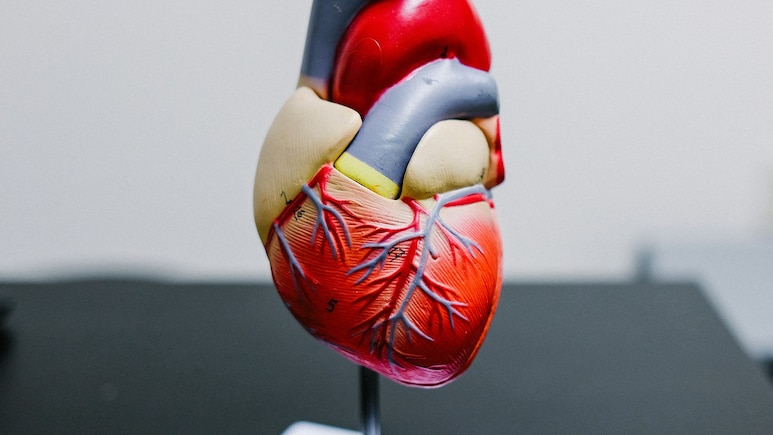
Feeling constantly tired even after a full night's sleep can be frustrating, especially if your test results show nothing wrong. What you may not know is that fatigue is one of the most common signs of silent conditions like heart valve disease. According to the World Health Organization (WHO), cardiovascular issues account for 27% of the total non-communicable disease deaths in India. In such cases, it becomes necessary to detect the underlying cause of the unexplained exhaustion for timely diagnosis and treatment.
The quiet onset of heart valve disease
Heart valve disease occurs when one or more of the four valves of the heart stops functioning properly. These valves help the blood to flow in the right direction through the heart, and when a valve does not open or close completely, blood flow to the rest of the body gets impacted. Several risk factors, like old age, high cholesterol, diabetes, high blood pressure, or heart disease, can increase the chances of an individual developing heart valve disease. It is called a quiet disorder as some people affected by it do not have any symptoms at all for many years. However, when symptoms occur, they include:
1. Shortness of breath: Damaged heart valves can limit blood flow and cause a buildup of fluid in the lungs, which interferes with your ability to breathe. People may find it difficult to breathe when at rest, during mild activity, or while lying down.
2. Tiredness and Fatigue: Damaged valves can result in insufficient pumping of oxygen-rich blood to your body. This can lead to chronic tiredness and reduced stamina. Exercising may also feel like a difficult task for you.
3. Chest pain: Improperly functioning valves can limit or cause backflow of blood, which can stress your heart and create discomfort or pressure in the chest. This usually happens during any form of rigorous physical activity.
4. Dizziness: Blood flow to your brain may be compromised by poor circulation, causing dizziness, light-headedness, or a sensation of spinning.
5. Swelling of the ankles and feet: Blood flow will be compromised and may backflow in veins due to poor pumping from your heart. The fluid that gets collected or is retained in the lower part of your body leads to swelling.
6. Fainting: Severely dysfunctional valves may cause sudden drops in blood pressure or irregular heart rhythms, which can lead to a blackout or a temporary loss of consciousness.
7. Irregular heartbeats: The heart's ability to maintain blood flow may be impaired and lead to palpitations or arrhythmia, which feels like fluttering or skipped heartbeats.
The path from diagnosis to treatment
Heart valve disease can often lead to complications such as heart failure, stroke, blood clots, heart rhythm abnormalities, and even death. It is extremely important to go for regular screenings and check-ups in order to detect silent cardiovascular disorders. An echocardiogram is a form of ultrasound used to detect heart valve disease. While mild valve issues require only monitoring and medication, severe problems may be treated through surgical procedures like Transcatheter Aortic Valve Replacement (TAVR) surgery, which is a minimally invasive procedure that involves inserting a new valve within the damaged heart valve. Early diagnosis of the condition is necessary for improved quality and longevity of the patient's life.
((Col) Dr. Monik Mehta, Senior Consultant - Cardiology, Manipal Hospital, Gurugram)
Disclaimer: The opinions expressed within this article are the personal opinions of the author. NDTV is not responsible for the accuracy, completeness, suitability, or validity of any information on this article. All information is provided on an as-is basis. The information, facts or opinions appearing in the article do not reflect the views of NDTV and NDTV does not assume any responsibility or liability for the same.
Track Latest News Live on NDTV.com and get news updates from India and around the world

